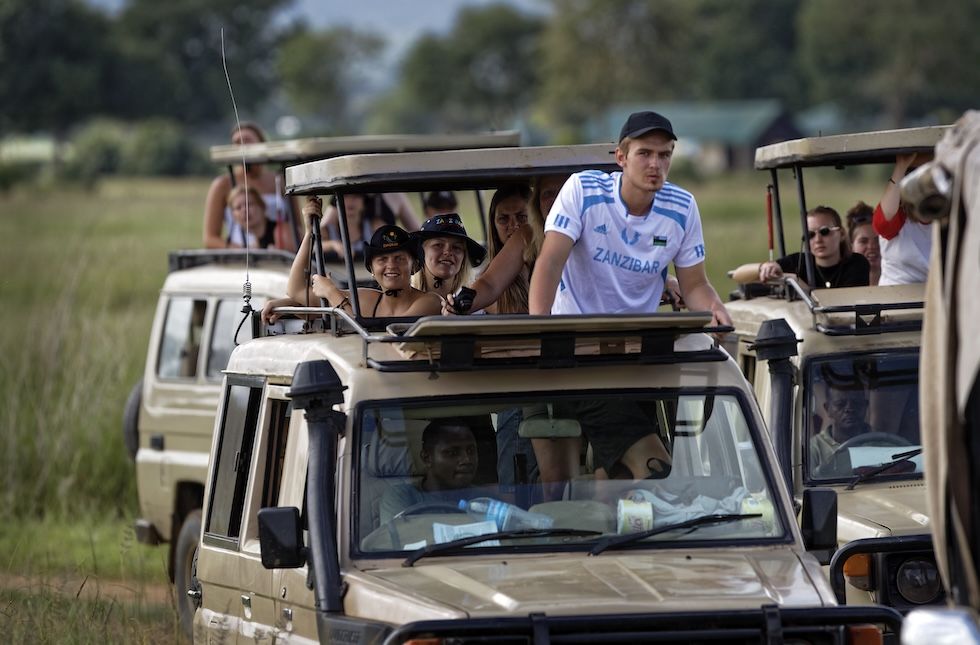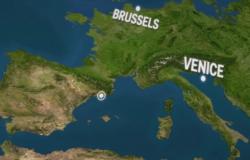The World Bank will stop financing the project, after reports of abuse of the inhabitants of the area to make them move elsewhere
On Tuesday the World Bank decided to suspend 150 million dollars (140 million euros) in financing for the expansion of the Ruaha national park in Tanzania. The project, which was supposed to encourage a further increase in tourism in the African country, has long been the subject of accusations of abuse of the local population. In 2023, the World Bank began investigations after testimonies were collected on the killings of fishermen and shepherds, rapes of women and forced relocations of some villages.
On Tuesday, the Bank, through its spokesperson, said it was “deeply concerned” by the accusations and decided not to continue with the financing, blocking the 50 million dollars (46 million euros) not yet paid to the Tanzanian government.
The World Bank is an international institution created at the end of the Second World War and includes the International Bank for Reconstruction and Development and the International Development Agency. Initially the World Bank had the aim of helping the reconstruction of the countries most affected by the war, today it deals with studying the processes that lead nations to economic development and offering capital, assistance and advice to the poorest countries.
The project in question, called REGROW (Resilient Natural Resource Management for Tourism and Growth), started in 2017 and included works to improve various national parks. In particular, it should have almost doubled the size of the Ruaha national park, which today occupies 12,950 square kilometers and is home to lions, giraffes, elephants and other animals. The works involved the construction of roads, observation points and visitor centers, and investments were planned to monitor and protect the lives of animals.
Elephants at Ruaha National Park (Kristin Palitza/dpa)
For more than a year, however, the US think tank Oakland Institute, which deals with financing projects in “developing” countries, had been collecting testimonies from the inhabitants of some communities affected by the expansion of the park. Arbitrary confiscations of livestock and violence by park rangers against fishermen and shepherds, accused of invading the national park, had been reported. The violence would have the aim of making the communities move elsewhere and would have included, in the most serious cases, the killing of shepherds and fishermen and the rape of some women. According to the same institute, the Tanzanian authorities have planned – and have already partially implemented – the forced transfer of around 21 thousand people.
The World Bank had been accused of financing violent operations that were against the very rules imposed by the organization. The Bank then announced its own investigations, which led to the suspension of financing.

(AP Photo/Ben Curtis, File)
The case of the Ruaha park is not the first of its kind: in recent years the Tanzanian government had been accused by Amnesty International and Human Rights Watch of abuses against the Maasai population, with the aim of establishing a hunting reserve in the region northern Ngorongoro. In Tanzania, tourism is growing rapidly and is becoming a very significant source of income.
– Read also: Internet connection has arrived on Kilimanjaro
Continue on the Post
Tags: accusations rapes killings expansion Ruaha park Tanzania Post








